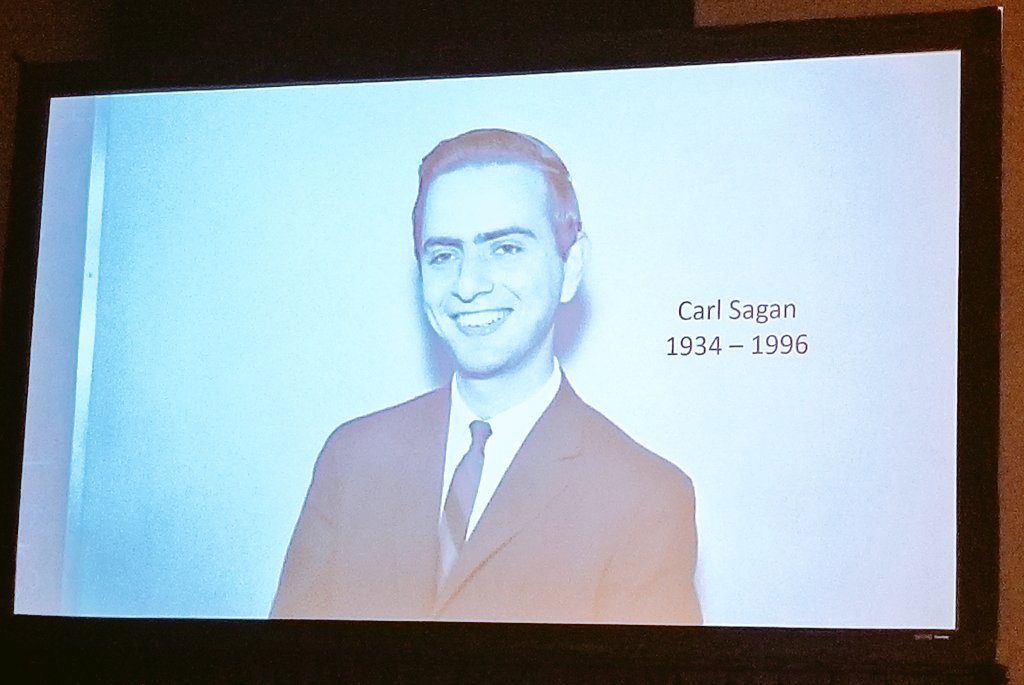 | Five Books (@five_books) |
|
"You believe that if you get the factual information clear, explain it well, and make it available, then people will respond in a rational way. For scientists to discover that that’s not true has been quite a shocking state of affairs." (@NaomiOreskes)
fivebooks.com/best-books/pol… | |
‘We’re on a path that is going to lead to tremendous destruction and yet most of us are going about our lives as if nothing particularly special is happening.’ The science of climate change is incontrovertible but deniers persist and political and economic solutions continue to be – systematically – frustrated. Time is running out, says Naomi Oreskes.
The risks of climate change are increasingly clear and urgent. And yet, in the United States and some other countries, policies to significantly reduce greenhouse gas emissions do not seem to be working. The US President has called climate change a hoax and pulled the United States out of the Paris Agreement. And about 6.5 percent of global GDP — about 5 trillion dollars a year — goes to subsidising fossil fuels. How did we get into this situation in the first place?
Scientists have known for a long time that an increase in atmospheric greenhouse gases—produced by burning fossil fuel—could change the climate. By the late 1970s, it was clear that greenhouse gases were accumulating in the atmosphere, and scientists concluded that this would cause effects, probably by the end of the century. However, the observable effects came sooner than they expected: in 1988, scientists at NASA led by James Hansen, concluded that anthropogenic climate change was underway.
Hansen’s work got a good deal of attention. He testified in Congress. It was reported in the New York Times. And that same year the Intergovernmental Panel on Climate Change was created, in anticipation that the world would need good scientific information to inform policy decisions on the issue. Most scientists involved at the time thought that there would soon be a political response. And there was, but it was not the one they expected.
Until that time, there was no political resistance to climate science. Many climate scientists were Republicans, and throughout most of the post-war period, Republican political and business leaders had supported scientific research as strongly, if not more strongly, than Democratic leaders did. But, in the 1980s—just as the reality of climate change was being established scientifically—some people began to realise that if anthropogenic climate change was as dangerous as scientists thought, it would require government action to deal with it. In particular it would require government intervention in the marketplace, such as regulation or taxation to reduce or even eliminate the use of fossil fuels... (continues)
==
==
 | Nat Geo Channel (@NatGeoChannel) |
|
Paris to Pittsburgh celebrates the Americans developing solutions to curb climate change pic.twitter.com/QH8DAneGSG
| |
Andrew Revkin Retweeted
"Carl Sagan said extinction is the rule, survival is the exception and I think we are an exceptional species but we need to work at it," said @KenCaldeira closing The Sagan Lecture at #AGU18.


No comments:
Post a Comment